Algeria is located in the northwest of Africa. In 2023, its population was approximately 45.6 million, and the per capital GDP was $5,260. According to the classification standards of the World Bank, it falls into the category of upper-middle income. Algeria’s economic scale ranks among the top in Africa. Its main national economy is based on oil and natural gas, with high oil reserves, abundant water resources, and rich tourism resources. It is one of the top ten importers of grain, milk, oil, and sugar in the world. Its main export products are oil and natural gas.
Since 2013, China has continuously been Algeria’s largest source of imports.
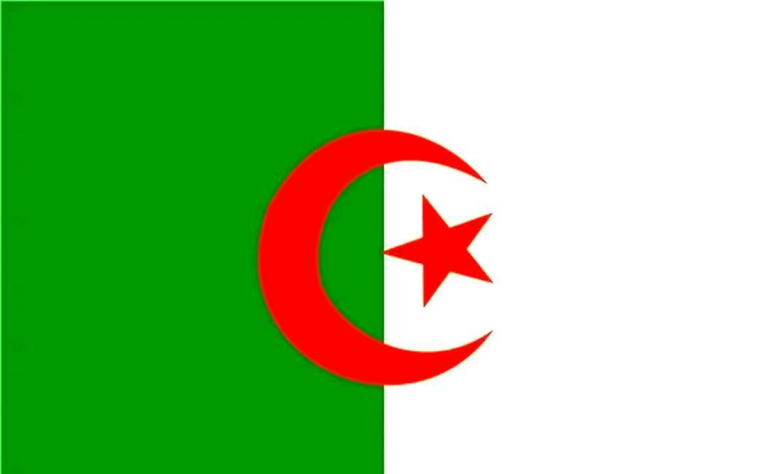
Yacine Guidoum, the general manager of Eurl Saterex-Iris, said, “The Algerian market consumes over 7 million tires annually.” In terms of regional demand, the northern region accounts for more than 60% of the total tire demand in Algeria. The high demand in this region can be attributed to the numerous large fleets it possesses. As for the market segments, the passenger car tire market is the largest tire market segment in Algeria, followed by the commercial vehicle tire market. Therefore, the development of the Algerian tire market is closely related to the development of its automotive industry.
New energy vehicle market: With the expansion of the new energy vehicle market and the Algerian government’s emphasis on environmental protection, the new energy vehicle parts market will also present new development opportunities.
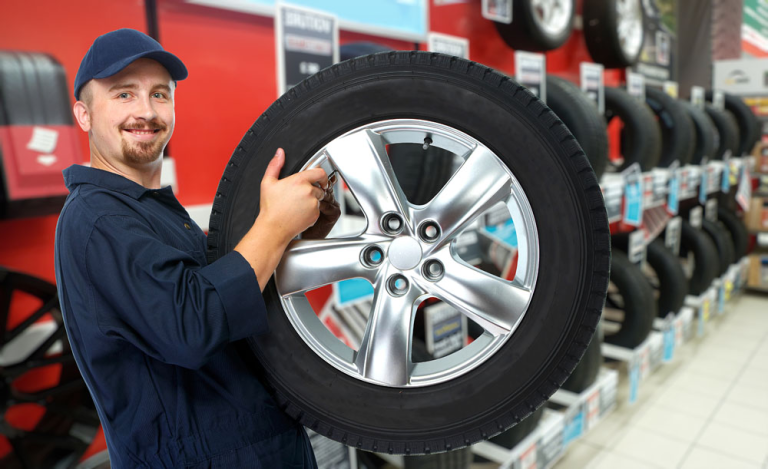
At present, Algeria is in a stage of full-scale development, and all necessary resources are available.
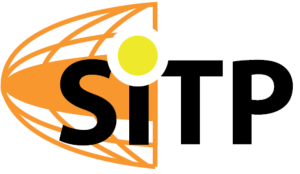
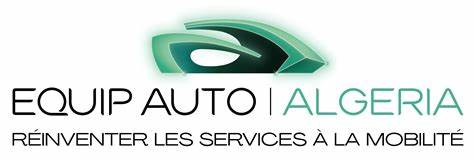
The exhibition not only provides exhibitors with a platform to showcase products and technologies but also offers entrepreneurs, professionals, and investors a place to understand market trends and establish business connections.
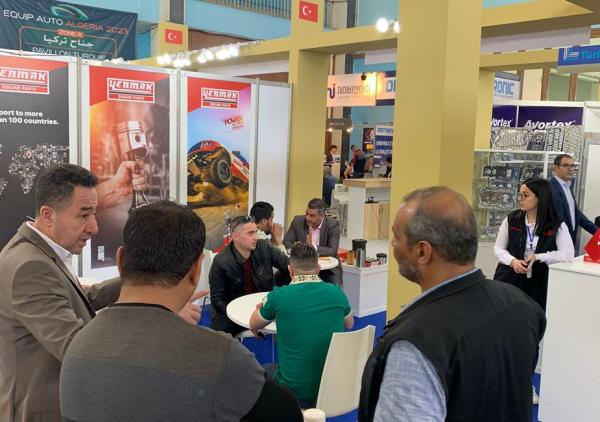
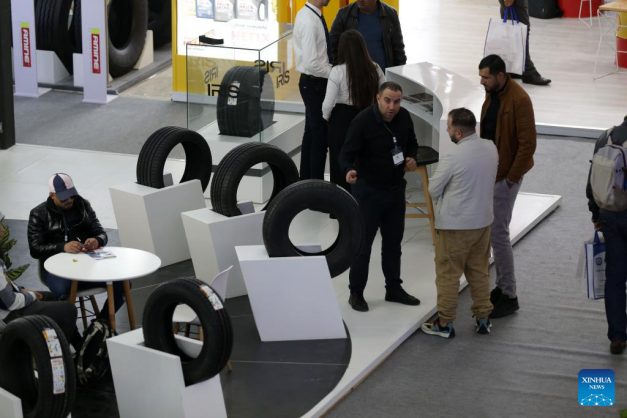
The demand for tires in northern Algeria accounts for 60%, with large fleets. Passenger car tires are in the highest demand in Algeria, followed by commercial vehicles.
Top Brands: Jinyu, Blacklion, Triangle, Sportrak, Kapsen, Boto…
Hot-Selling Sizes: 315/80R22.5, 12R22.5 and 14.00R20 are the most common sizes, most popular and hot selling sizes in Algeria.





The customs website of Algeria allows you to check import and export taxes. The website address is as follows: www.douane.gov.dz/spip.php?page=tarif-douanier
The Algerian tires market has broad market prospects and huge development potential. With the increase in vehicle ownership and construction needs, government policy support, and steady economic growth, the market will continue to develop healthily.
At the same time, exhibitions and exchange platforms also provide valuable cooperation opportunities for domestic and foreign enterprises. For enterprises interested in entering the Algerian tires market, they should closely monitor market dynamics and policy changes, seize opportunities, and actively expand the market.
